
Save v Spend: the skincare products Dermatologists recommend you should invest in and the products you can spend less on
The journey to establishing an effective skincare routine can often be a long (and expensive) one. As soon as one skin concern is sorted it can sometimes be the case that there’s a new skin issue to deal with be it pigmentation, acne, sensitivity or redness. And nowadays it’s also easy to feel bombarded with so many so-called skincare experts offering us advice from beauty influencers and editors on social media, makeup artists instore to magazine articles. Sometimes it’s hard to know if its genuine advice or is the person offering that advice is being paid to do so, so it may not be the impartial opinion you were looking for. A consultant dermatologist will always be the safest place to ask for any skincare advice to give you objective medical guidance on achieving your best skin possible. That’s why I asked Dr Ophelia Veraitch for her definitive list of which products are really worth spending on to achieve beautiful, healthy skin and which products can you save on. Here’s what she said.
Products you don’t have to spend much on:
Cleanser
“I always say that there’s no need to spend a lot on cleansers. Most dermatologists will recommend cleansers from the brands CeraVe and Cetaphil, but always choose the gentle cleanser options in the ranges. CeraVe for example have expanded their range extensively and now have cleansers with salicylic acid which can be too drying for lots of skin, so just go for their original, gentle fomulas and it’s hard to go wrong.” The CeraVe Hydrating Cleanser for Normal to Dry Skin or Cetaphil Gentle Skin Cleanser for Normal or Sensitive skin are both good options.
Moisturiser
“Similar to cleansing products, you don’t have to spend a fortune on a moisturiser. Cetraben lotion costing under £10 can do the same job as a fancy moisturiser costing over £100. The difference is basically about user experience. Lots of people are used to the feel of more luxurious textures on their skin so if that’s an issue for you then of course indulge in a more luxurious product but make sure it’s fragrance and preservative free so it’s not going to aggravate your skin in any way. If patients are interested in a more expensive moisturiser, I recommend something from Skinceuticals as their formulations are lovely to use, effective and do not have any fragrance.”
Body Lotion
“Most dermatologists will use Cetraben as their daily body lotion. The late Queen used to use this too. In the summer time, you should use the Cetraben Body Lotion for Dry Sensitive Skin as it’s lighter than the Cetraben Ointment which is better for the winter months as it’s much richer. The best way to apply it is after showering while the skin is a little bit damp, to lock in the moisture into the skin.”
Products to spend more on:
Vitamin C Serum
“The problem with cheaper brands’ Vitamin C is the stability of the Vitamin C which can break down if not formulated or stored in the correct type of container so it simply won’t be effective and so will be pointless to use. The vitamin C used in my bespoke Anti-Ageing Day Serum and the Skinceuticals CE Ferulic or the Skinceuticals Phloretin CF are extremely stable and effective for evening out the skin tone and brightening the appearance of the skin (it can inhibit melanin production). It’s also a powerful anti-oxidant so can help protect from future skin damage.”
Retinoids
“Again, it’s worth investing in a good quality brand which uses a stable and effective retinoid. My bespoke Anti-Ageing Night Serum uses prescription strength tretinoin which is one of the few scientifically proven ingredients to help with lines, wrinkles, skin smoothing and evening out of skin tone so you will see results.”
SPF
“Firstly, considering the huge importance of wearing SPF daily not only from an anti-ageing point of view but also from protecting your skin against skin cancer, it’s worth spending on an SPF which you enjoy using (as you’ll be more likely to use it). Some of the cheaper brands have heavier formulas which can be a bit uncomfortable on the skin or too rich for acne prone skin. A worrying new report recently published by consumer organisation Which claimed that some cheaper SPF’s (from brands Calypso Sun, Bondi Sands and Asda) offered less protection than they claimed. So it’s worth investing in a good one.
There’s also the consideration that lots of people have sensitive skin so it’s important to find one which is fragrance free.
Lots of my patients are also concerned about pigmentation (sun spots) and brands like Skinceuticals have included tranexamic acid in their well formulated Advanced Brightening UV Defense SPF50, which is a lovely to use lightweight lotion and helpful for those with pigmentation. Also, It doesn’t leave any white cast on the skin which is another reason it’s worth investing in a good SPF.
There is also the choice between physical SPF as opposed to chemical SPF. Physical SPF uses mineral ingredients such as zinc oxide and titanium dioxide that sit on the skin to physically block the sun’s rays. Chemical sunscreens use ingredients such as oxybenzone that are absorbed into the skin to convert UV rays into heat, which is then released from the body. A lot of dermatologists will favour mineral sunscreen especially if it’s to be used it in direct sunlight on holiday. Physical SPF’s in elegant lightweight formulas are harder to formulate than chemical SPF’s so may be more expensive.”
By Lucia Ferrari
Shop Bestsellers


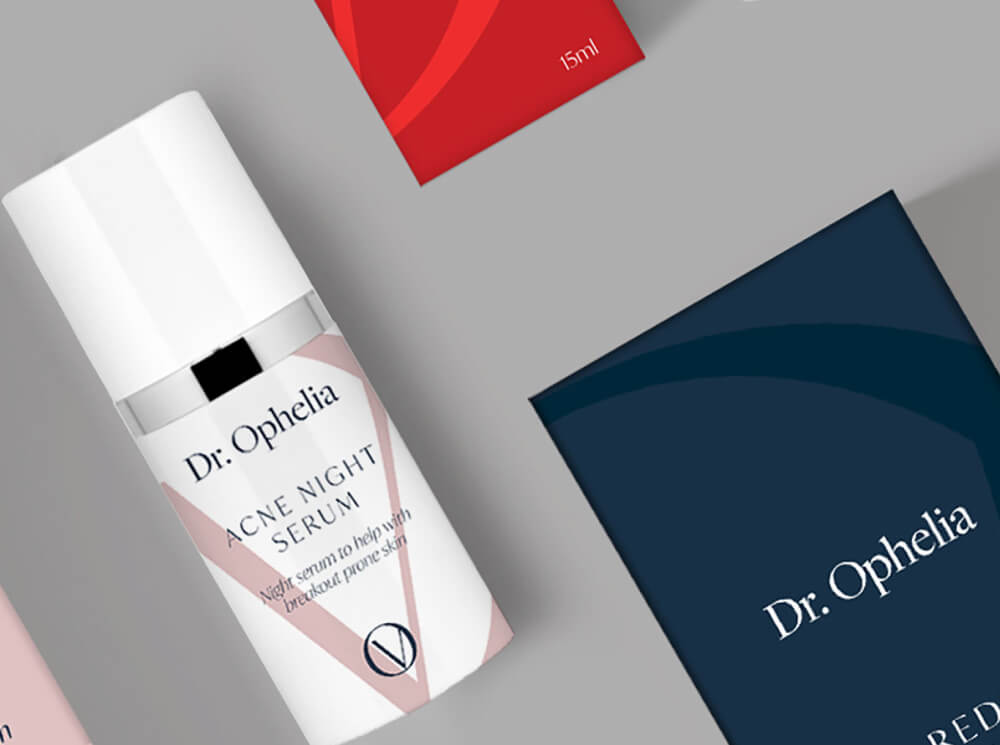
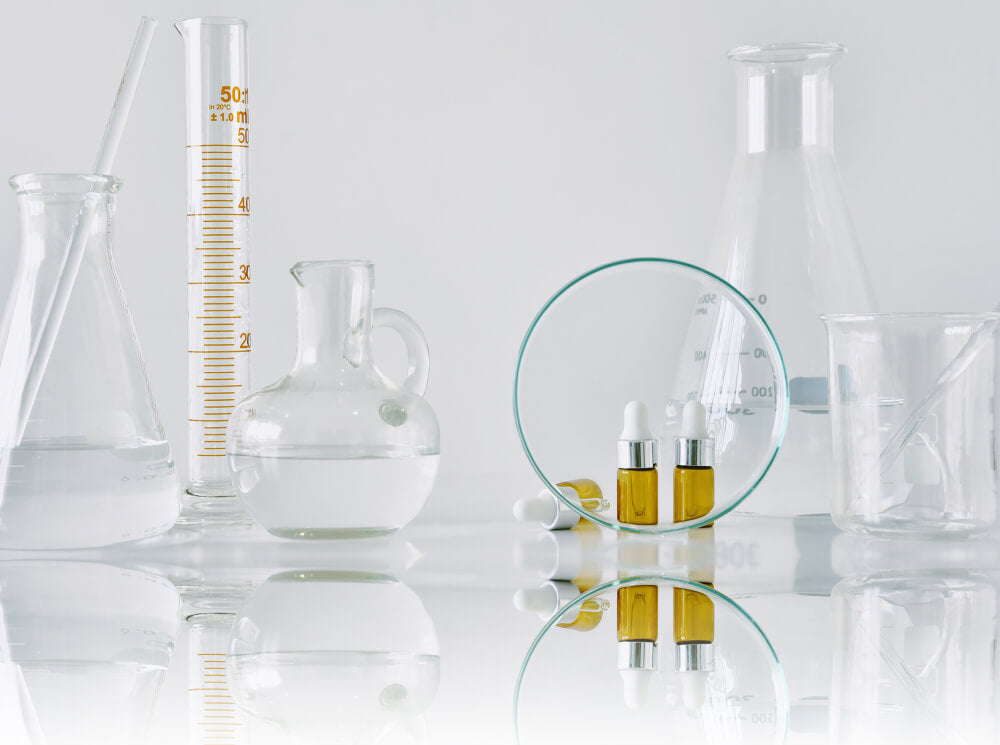
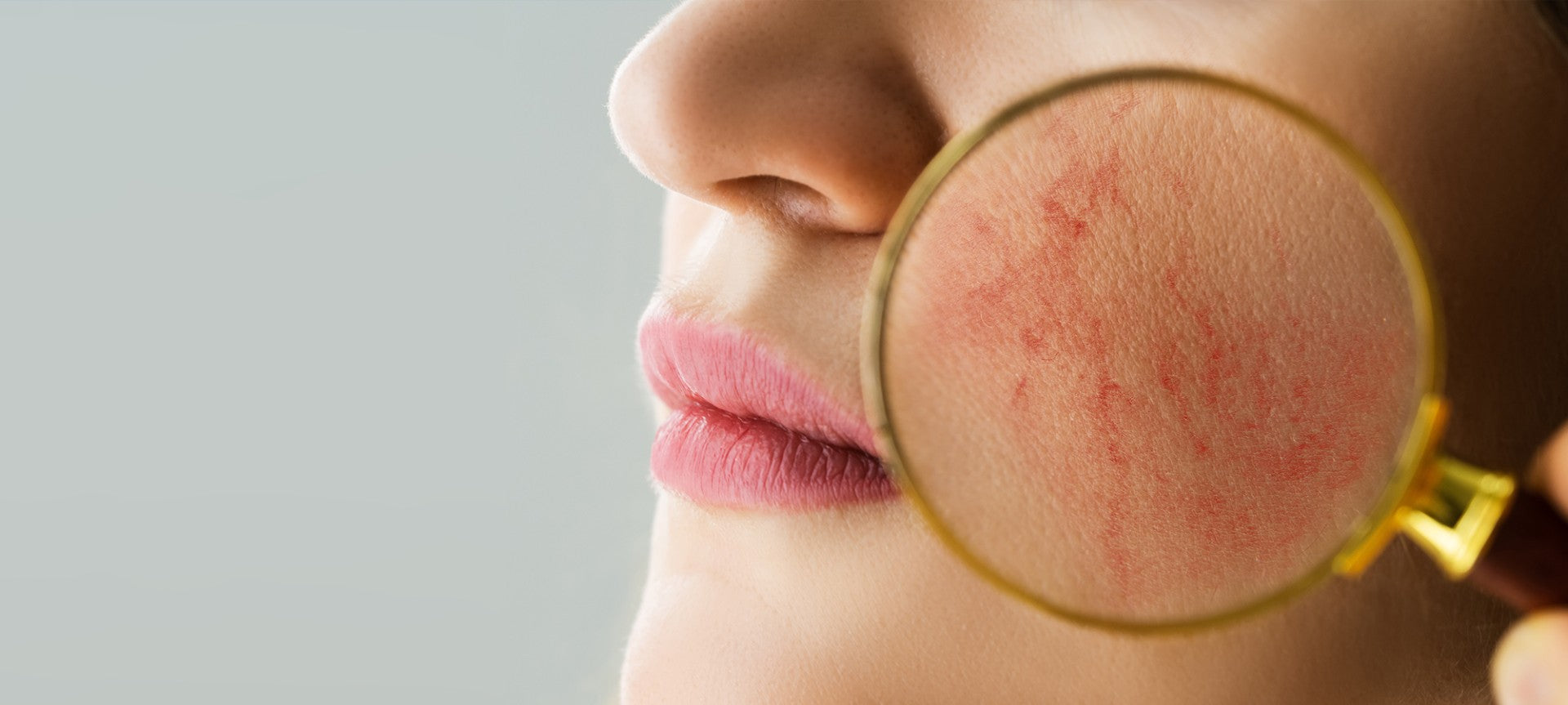
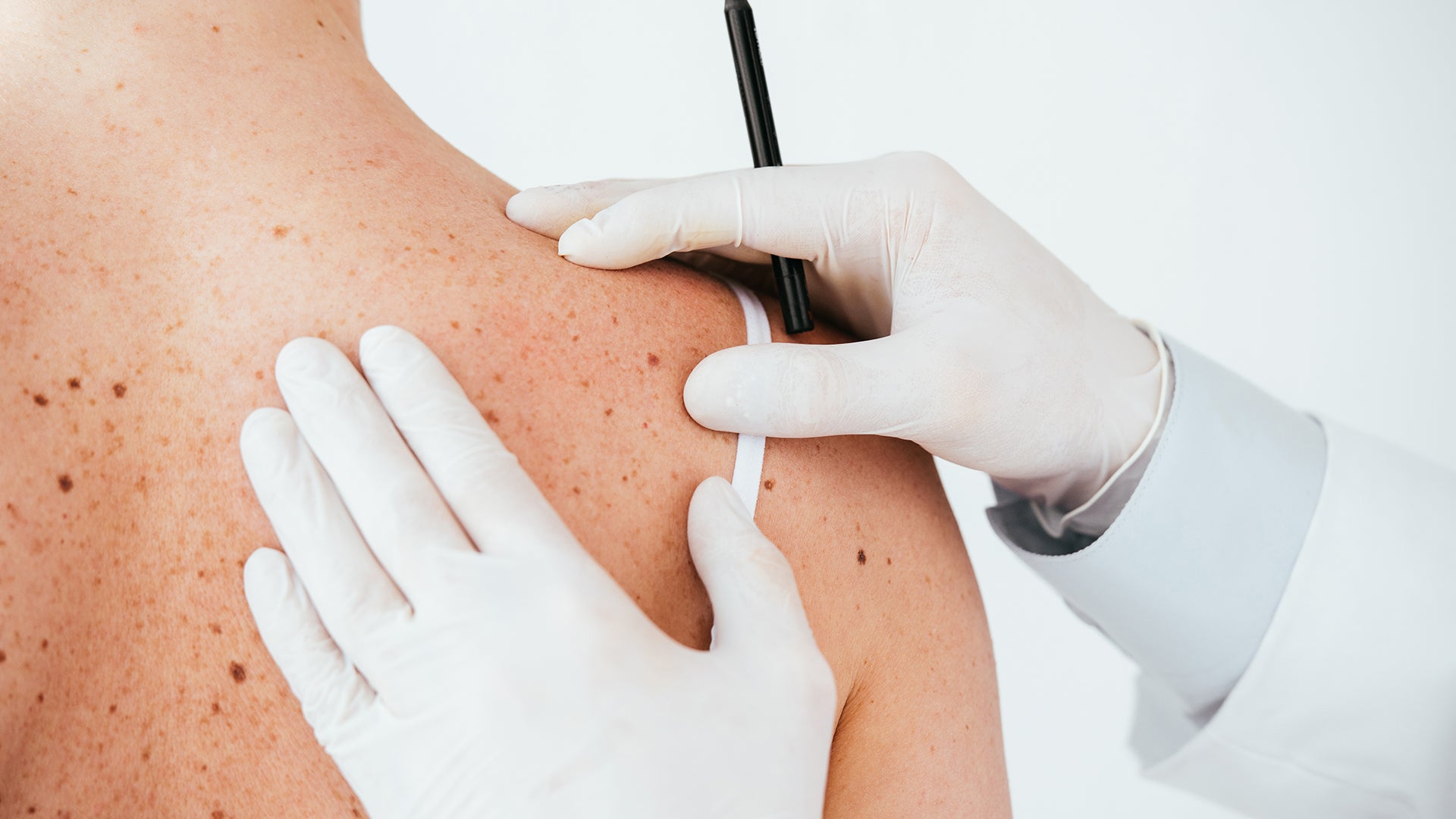
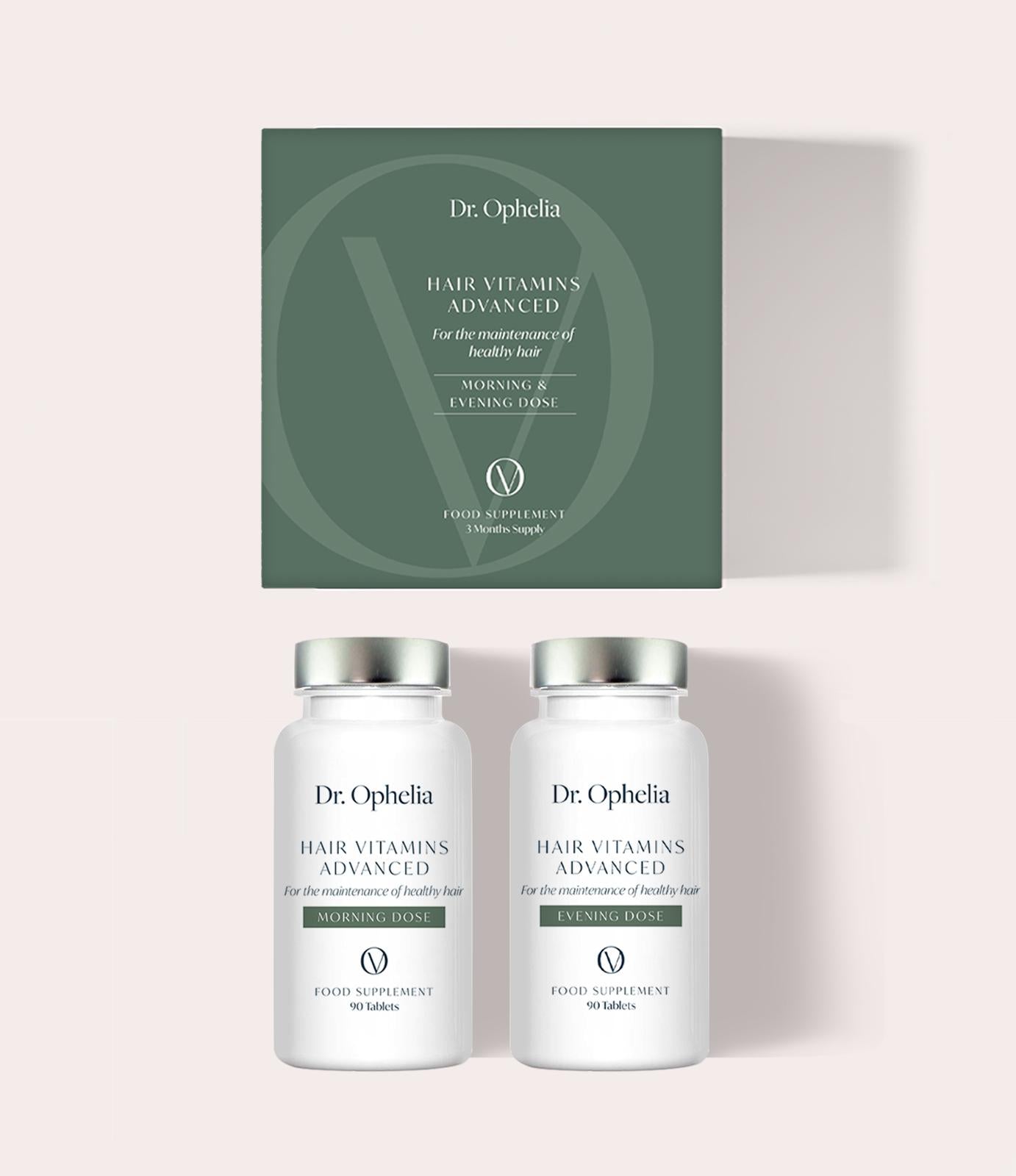
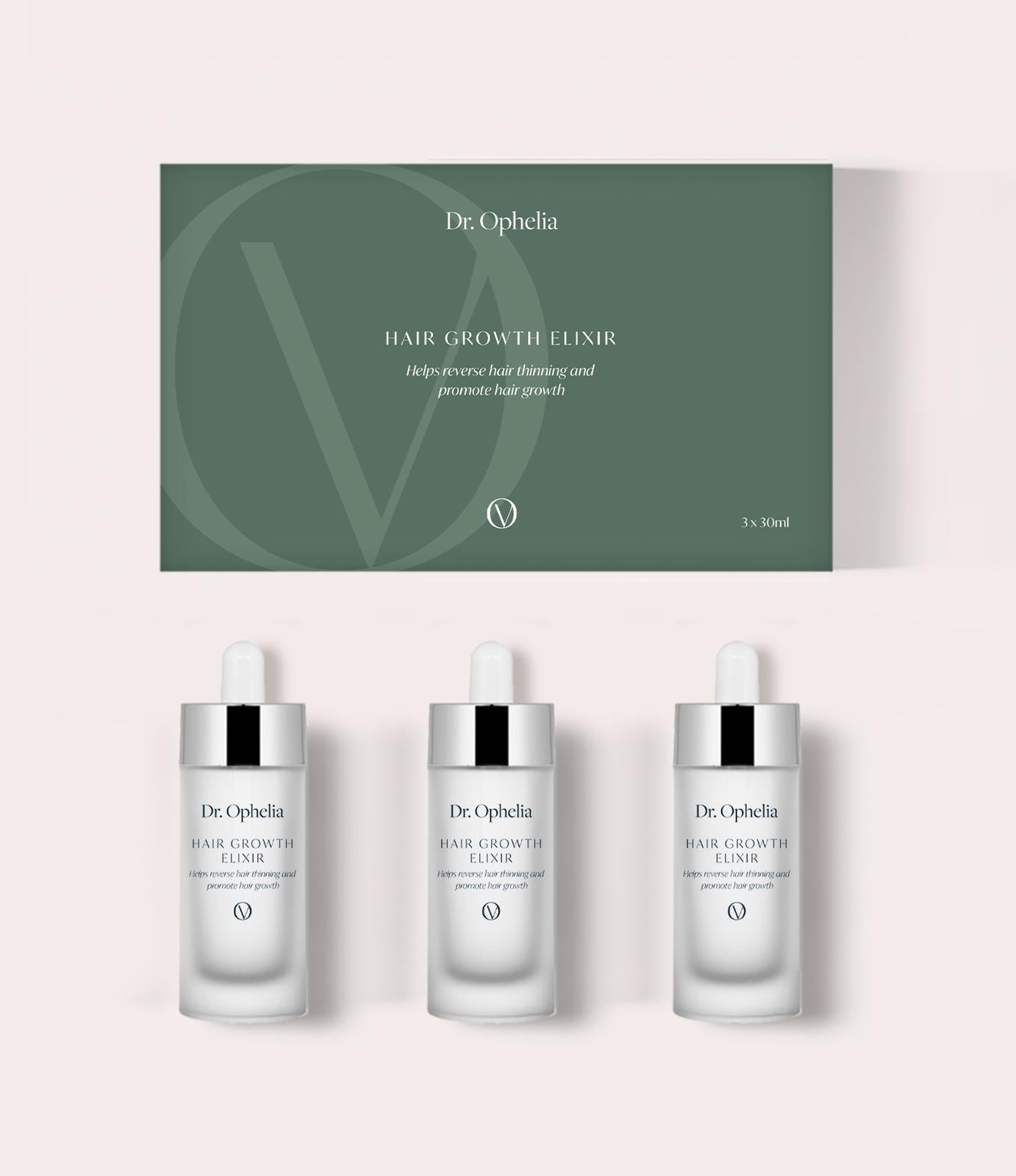
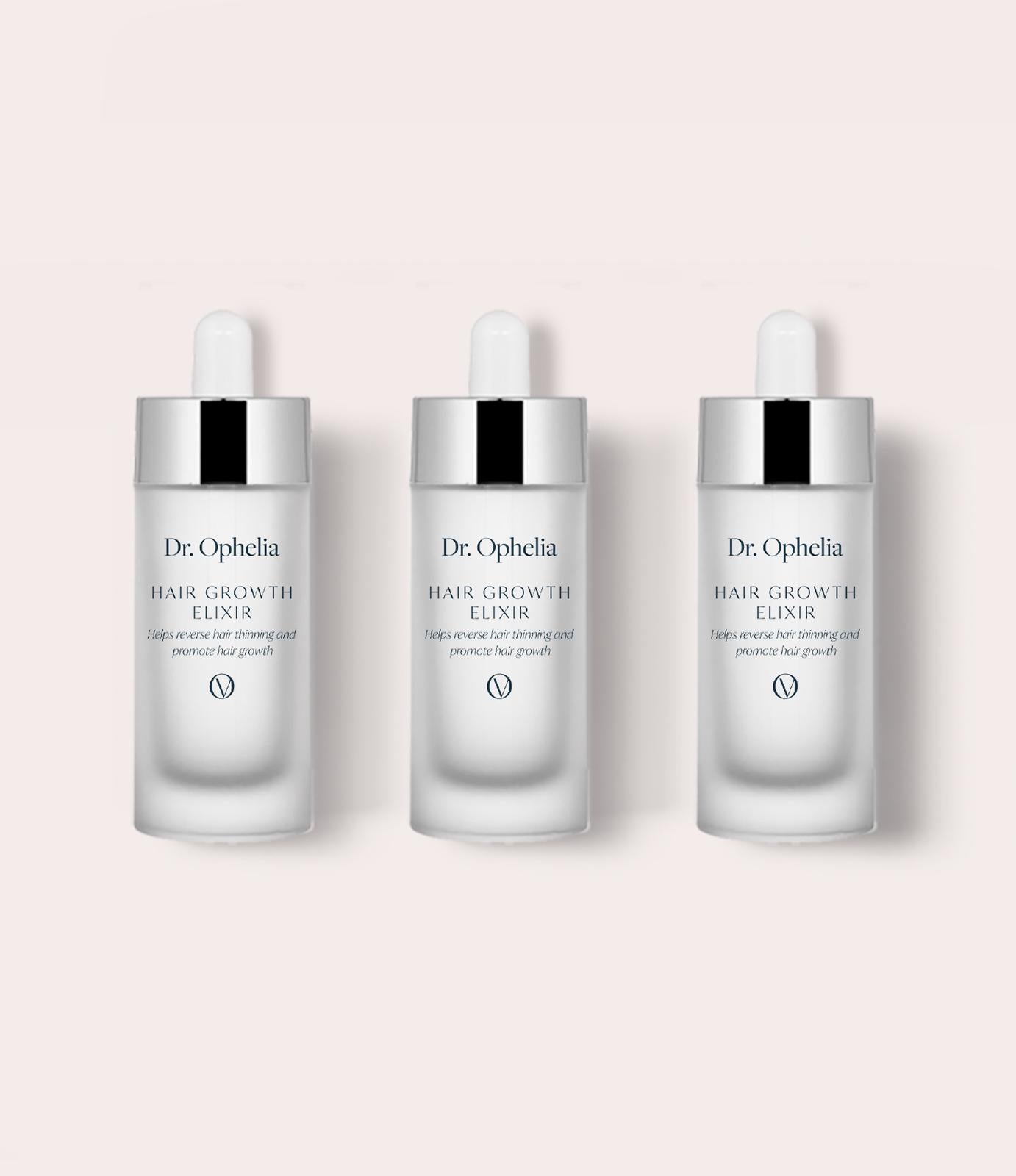
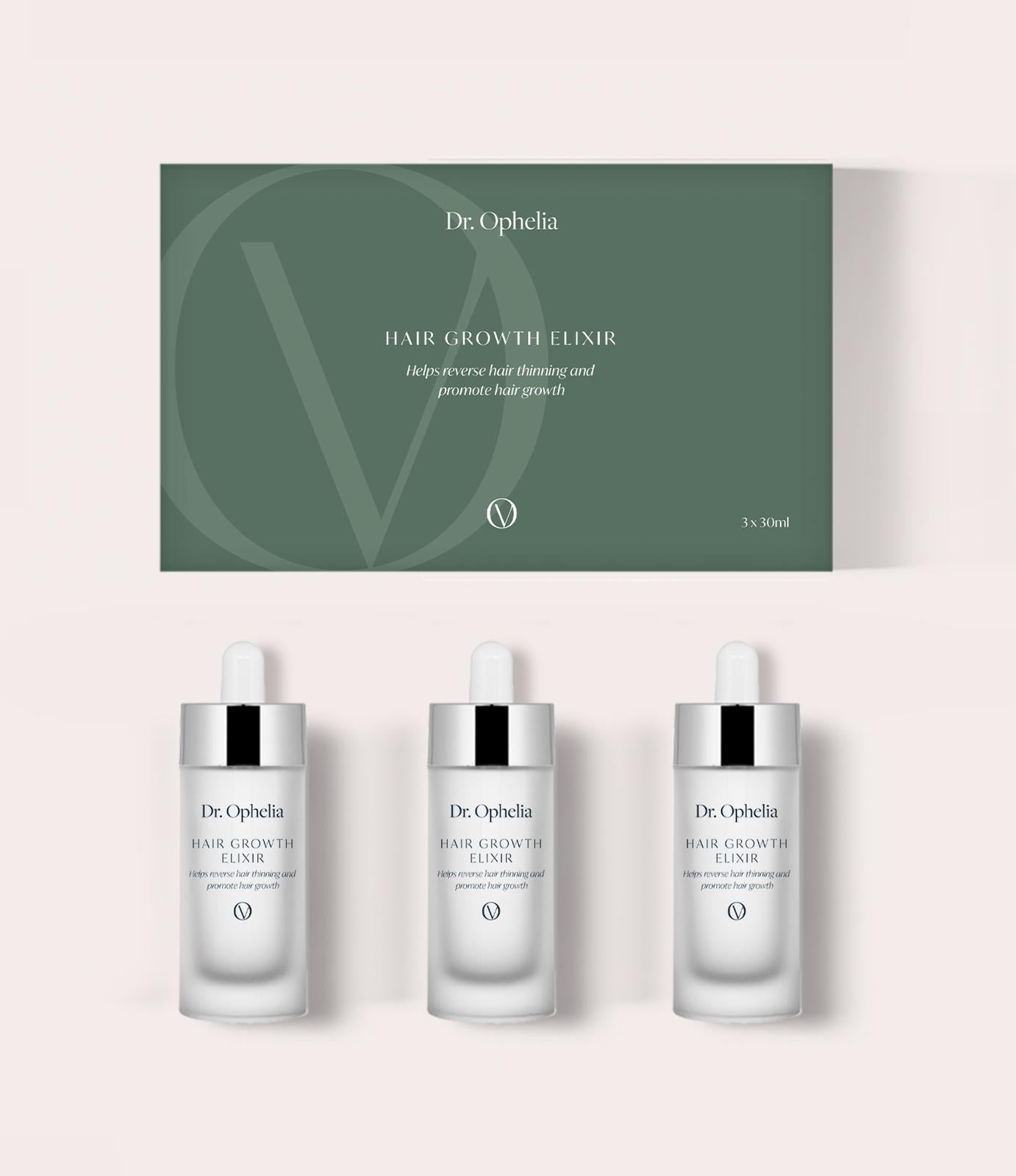
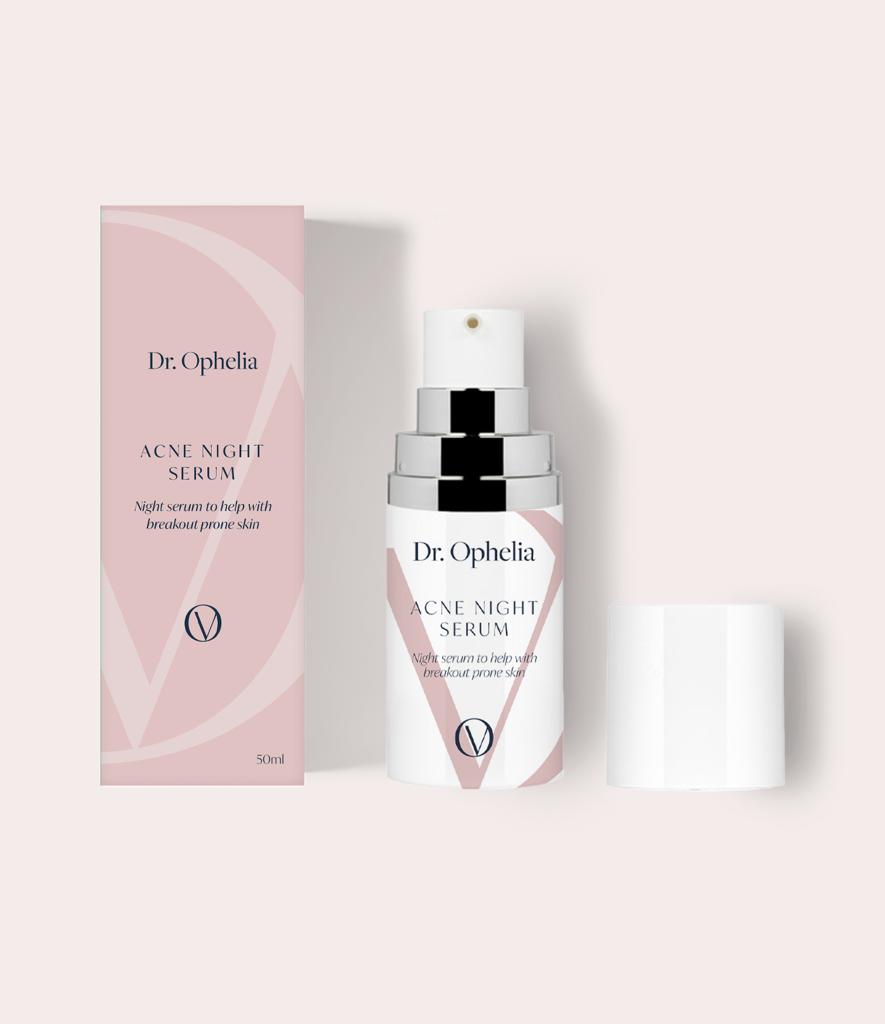
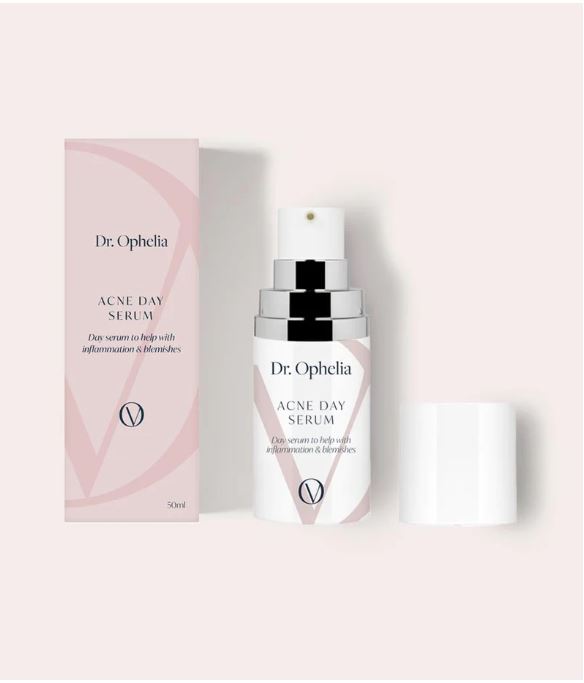
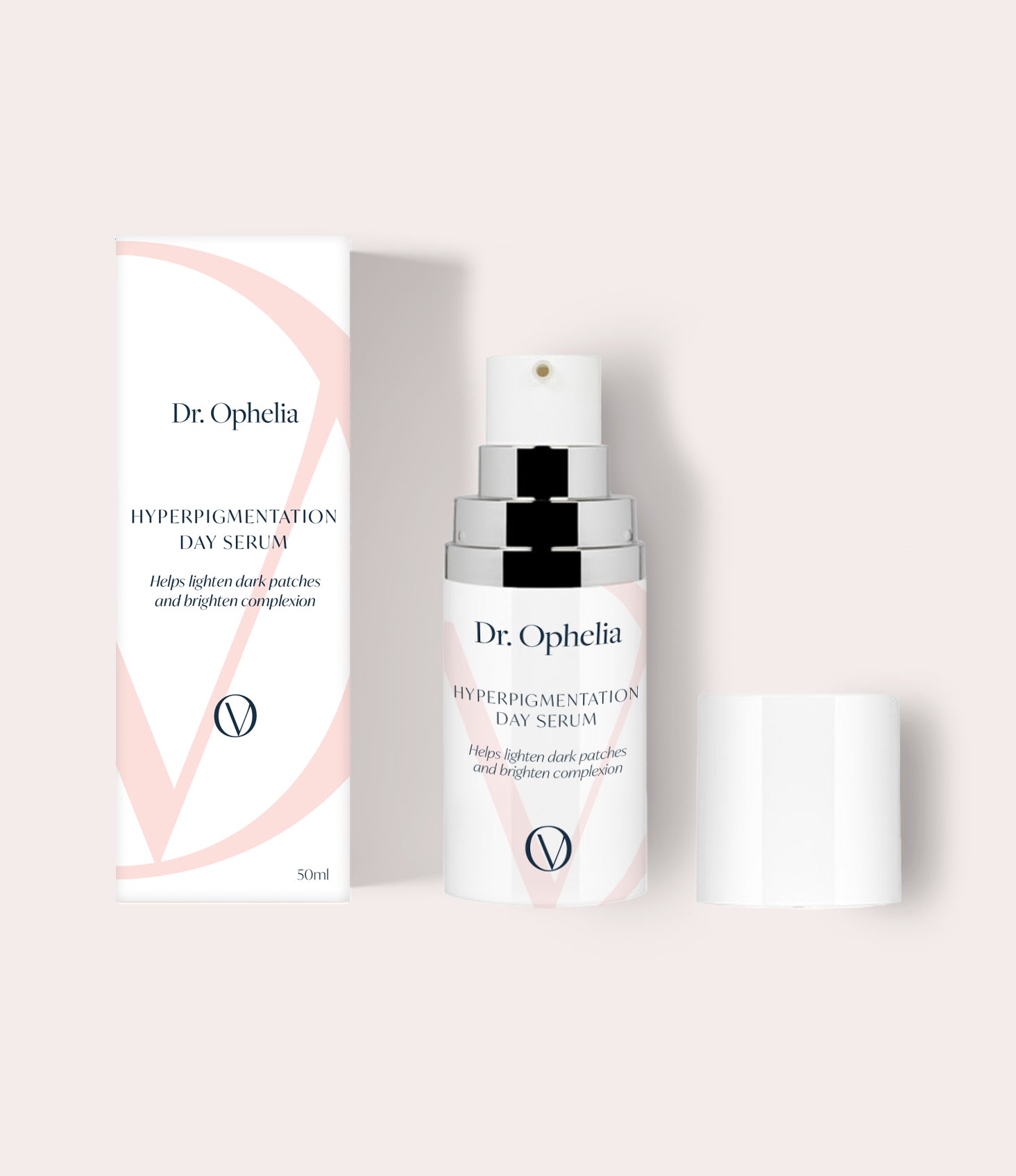
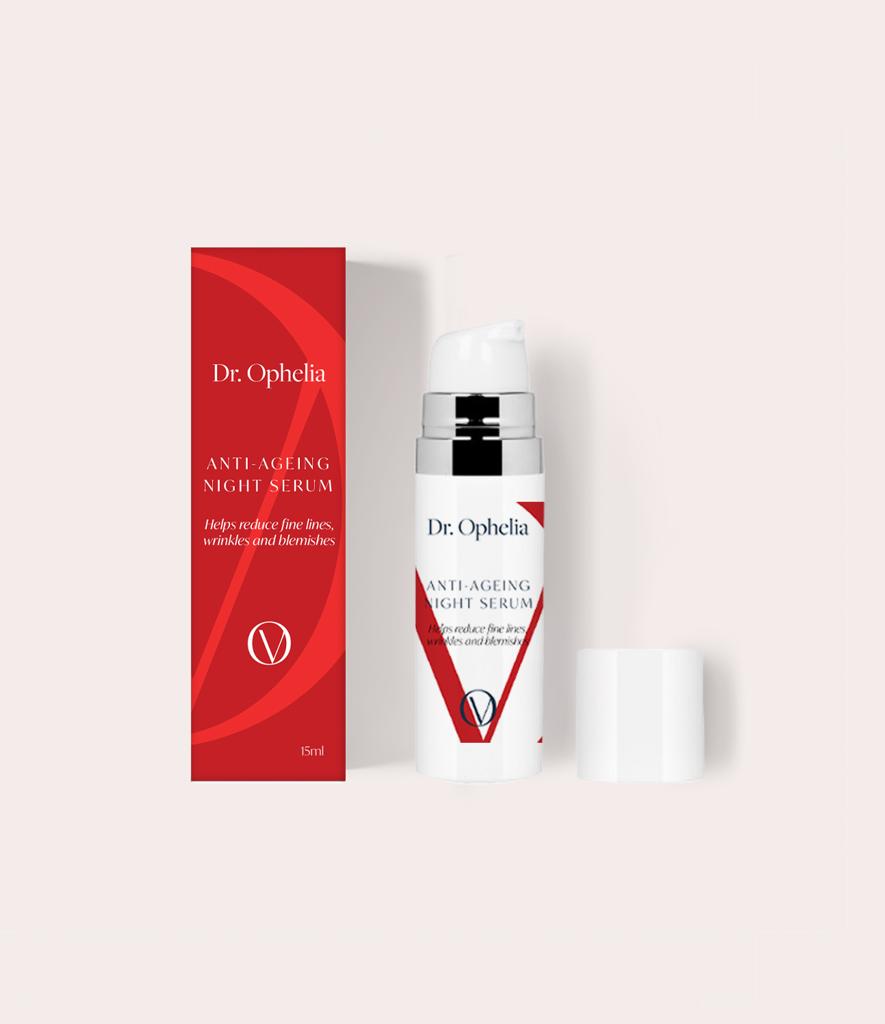
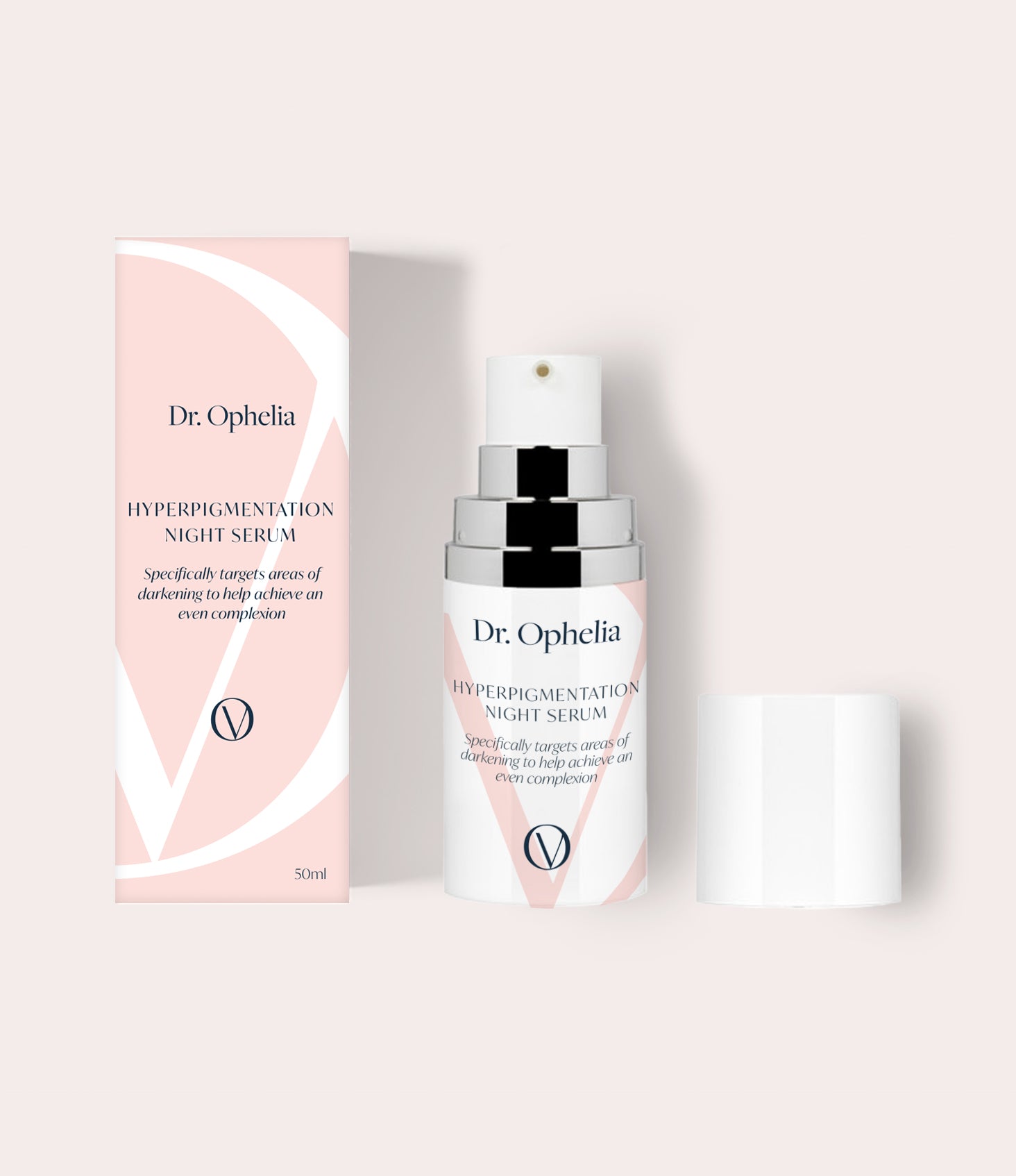
Leave a comment
This site is protected by hCaptcha and the hCaptcha Privacy Policy and Terms of Service apply.